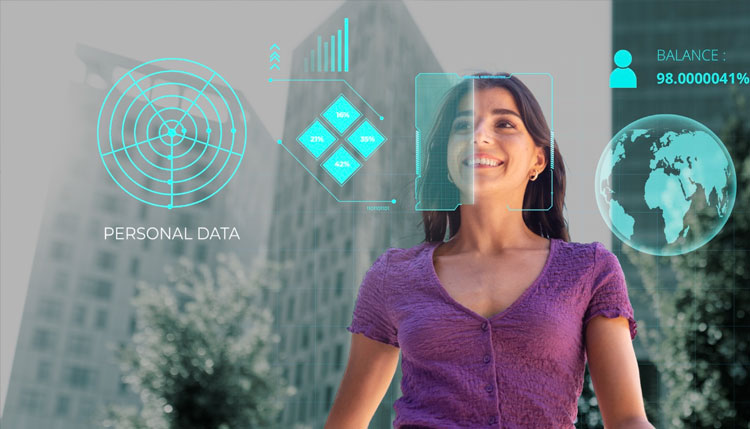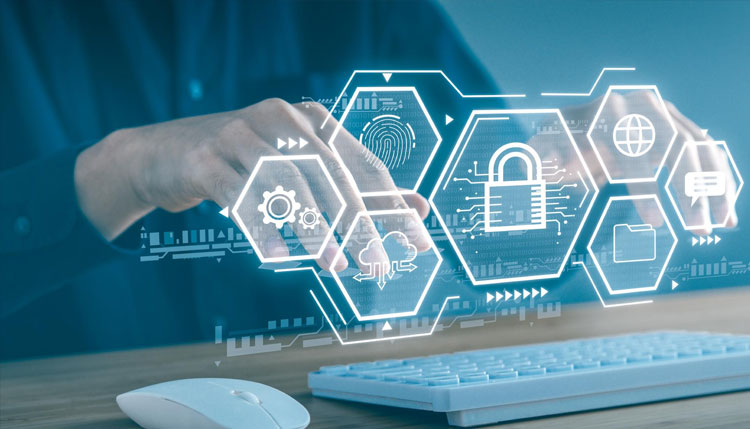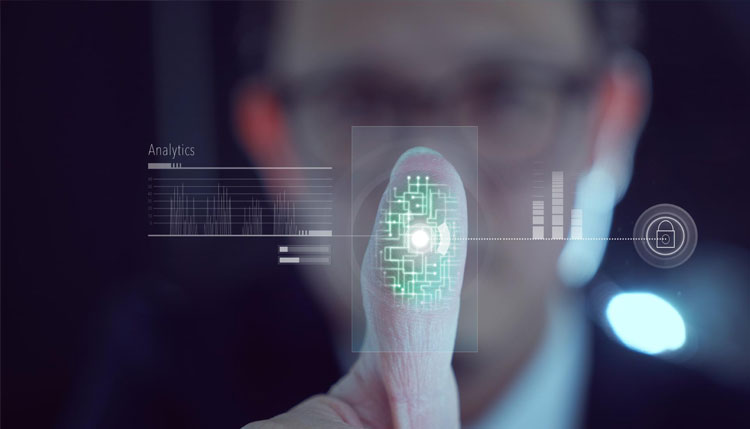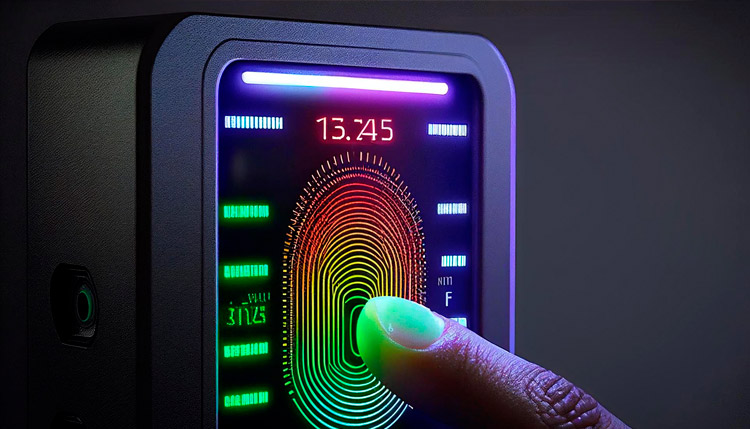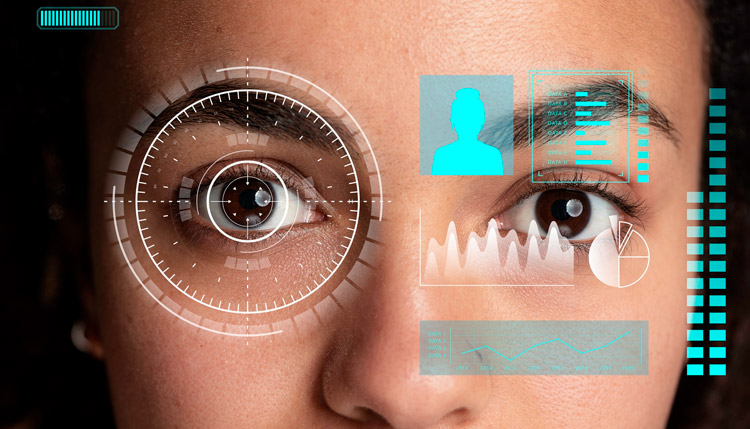
Understanding Digital Identity Alliance – ID 2020 Manifesto
As discussed in our previous articles, we continue to look around for global digital identity associations and alliances and bring the information about them to our audience. This time we bring to you the great work being done by Digital Identity Alliance or ID 2020. They are working on a global scale to ensure we all get our Digital ID right. They have a defined manifesto with clear goals, they conduct annual summits and they work with players in this space.
ID 2020 is coordinating funding for identity and channelling those funds toward high-impact projects, enabling diverse stakeholders – UN agencies, NGOs, governments, and enterprises – to pursue a coordinated approach that creates a pathway for efficient and responsible implementation at scale. The manifesto covers the following points which talk loudly about digital identity:
- The ability to prove one’s identity is a fundamental and universal human right.
- We live in a digital era. Individuals need a trusted, verifiable way to prove who they are, both in the physical world and online.
- Over 1 billion people worldwide are unable to prove their identity through any recognized means. As such, they are without the protection of law, and are unable to access basic services, participate as a citizen or voter, or transact in the modern economy. Most of those affected are children and adolescents, and many are refugees, forcibly displaced, or stateless persons.
- For some, including refugees, the stateless, and other marginalized groups, reliance on national identification systems isn’t possible. This may be due to exclusion, inaccessibility, or risk, or because the credentials they do hold are not broadly recognized. While we support efforts to expand access to national identity programs, we believe it is imperative to complement such efforts by providing an alternative to individuals lacking safe and reliable access to state-based systems.
- We believe that individuals must have control over their own digital identities, including how personal data is collected, used, and shared. Everyone should be able to assert their identity across institutional and national borders, and across time. Privacy, portability, and persistence are necessary for digital identity to meaningfully empower and protect individuals.
- Digital identity carries significant risk if not thoughtfully designed and carefully implemented. We do not underestimate the risks of data misuse and abuse, particularly when digital identity systems are designed as large, centralized databases.
- Technical design can mitigate some of the risks of digital identity. Emerging technology — for example, cryptographically secure, decentralized systems — could provide greater privacy protection for users, while also allowing for portability and verifiability. But widespread agreement on principles, technical design patterns, and interoperability standards is needed for decentralized digital identities to be trusted and recognized.
- This “better” model of digital identity will not emerge spontaneously. In order for digital identities to be broadly trusted and recognized, we need sustained and transparent collaboration aligned around these shared principles, along with supporting regulatory and policy frameworks.
- ID2020 Alliance partners jointly define functional requirements, influencing the course of technical innovation and providing a route to technical interoperability, and therefore trust and recognition.
- The ID2020 Alliance recognizes that taking these ideas to scale requires a robust evidence base, which will inform advocacy and policy. As such, ID2020 Alliance-supported pilots are designed around a common monitoring and evaluation framework.
The source for this information is https://id2020.org/. For more information, please reach out to info@trueid.in

